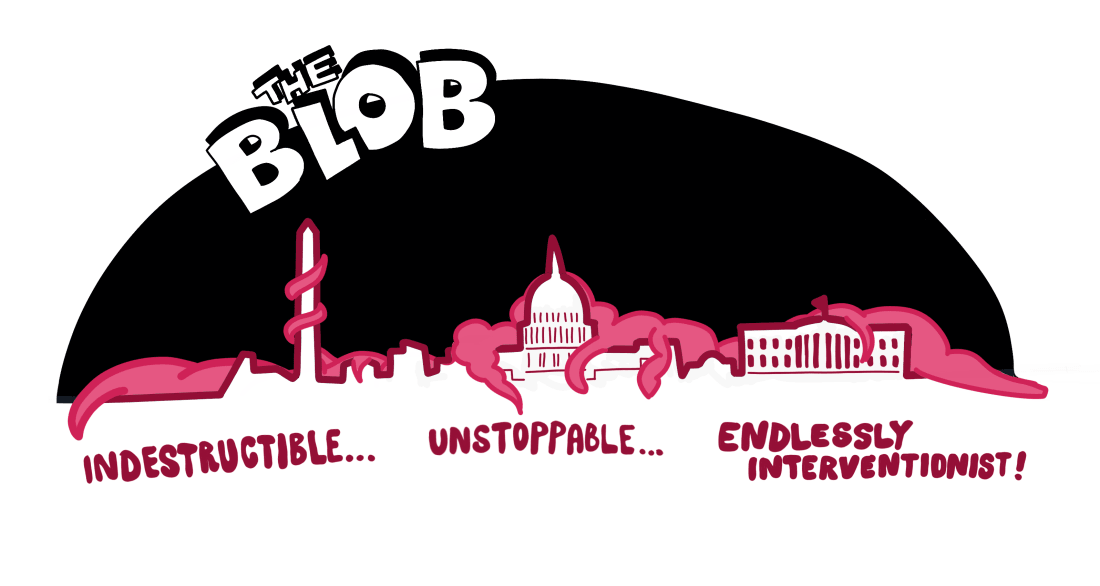Note: This issue of NZN goes out to paid subscribers only, but feel free to share via email if you have friends you think might like it. That’s one way we get new subscribers. Speaking of which: The holiday season isn’t quite over, so there’s still time to add some oomph to your season’s greetings by giving a paid subscription to NZN as a gift to someone very special in your life. Or someone just a little special. Or someone not special at all. Come to think of it, it would be in keeping with the spirit of the holidays to also give a gift subscription to everyone you don’t like! In any event, Happy New Year to you and to them.
Welcome to the year-end edition of The Week in Blob—and the final edition, since next week TWIB will make an evolutionary leap, morphing into The Earthling and expanding its vision accordingly (while retaining, of course, its charmingly mean anti-Blob spirit). Since the holiday season can be dispiriting for some people, we thought we’d try to bring a little uplift by highlighting some of the year’s positive developments—or, in some cases, finding a silver lining in not-very-positive developments.
And, just to make sure all these positive vibes don’t overwhelm your senses, leaving you numb to the actual on-the-ground reality of Planet Earth, I’ve thrown in links to a few of this year’s more sobering NZN pieces that touch on foreign policy. OK, here goes:
President Biden is quantifiably scaling down the “forever wars,” according to a report prepared by Imogen Piper and Joe Dyke for Airwars. They tallied US airstrikes in four conflict zones—Afghanistan, Iraq-Syria, Somalia, and Yemen—and found that the total for 2021 was about half that for 2020. This year has seen “by far the lowest declared annual US strike number since at least 2004.”
War between the US and China isn’t inevitable! Writing for Strategic Studies Quarterly, political scientist Richard Hanania pokes some holes in a Harvard professor’s influential argument about forces pushing China and the US toward conflict. The professor, Graham Allison, coined the term “Thucydides trap” to refer to cases where a rising power threatens the dominance of an existing power, thus making war probable (if not as probable as one might gather from the title of Allison’s book about the US and China, Destined for War). Hanania says Graham’s analysis, based on 16 historical case studies, suffers from “unclear definitions, omitted variable bias, and selection bias.”




